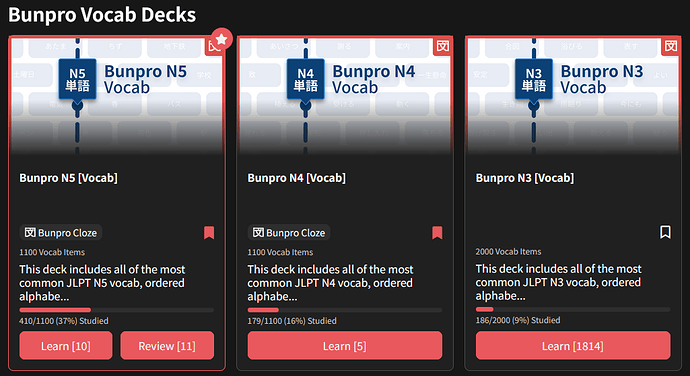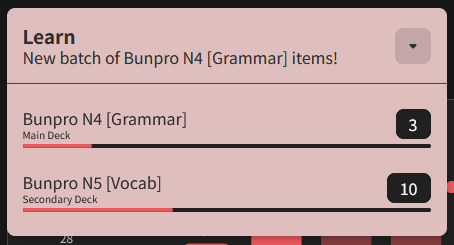The word is far more common in Japanese than in English. I am a native English speaker and use that word maybe once a year whilst seeing it maybe two or three times but I have used 眼科 multiple times in the one year I have lived in Japan and I see it basically daily. As I mentioned above in this thread, Japanese people see an opthalmologist to get their eyes tested and get their glasses.
This word, as with may others that people take issue with in beginner level materials, is more common than people realise if you are in Japan. The JLPT is aimed at people who are using Japanese in Japan and not at people who are learning how to read LNs or watch anime so there is very often a disconnect for English speaking learners online who are learning as a hobby or for otaku reasons.
Sidenote: It is different from an optometrist. An opthalmologist is a an actual medical doctor.

 )
)


